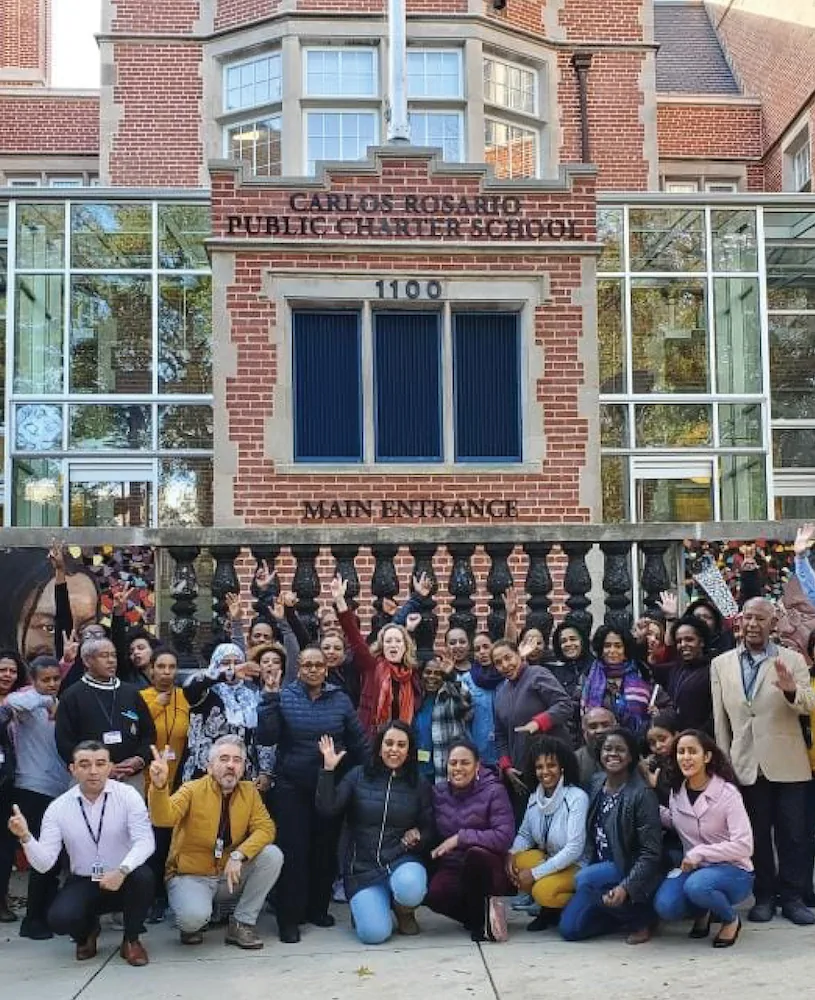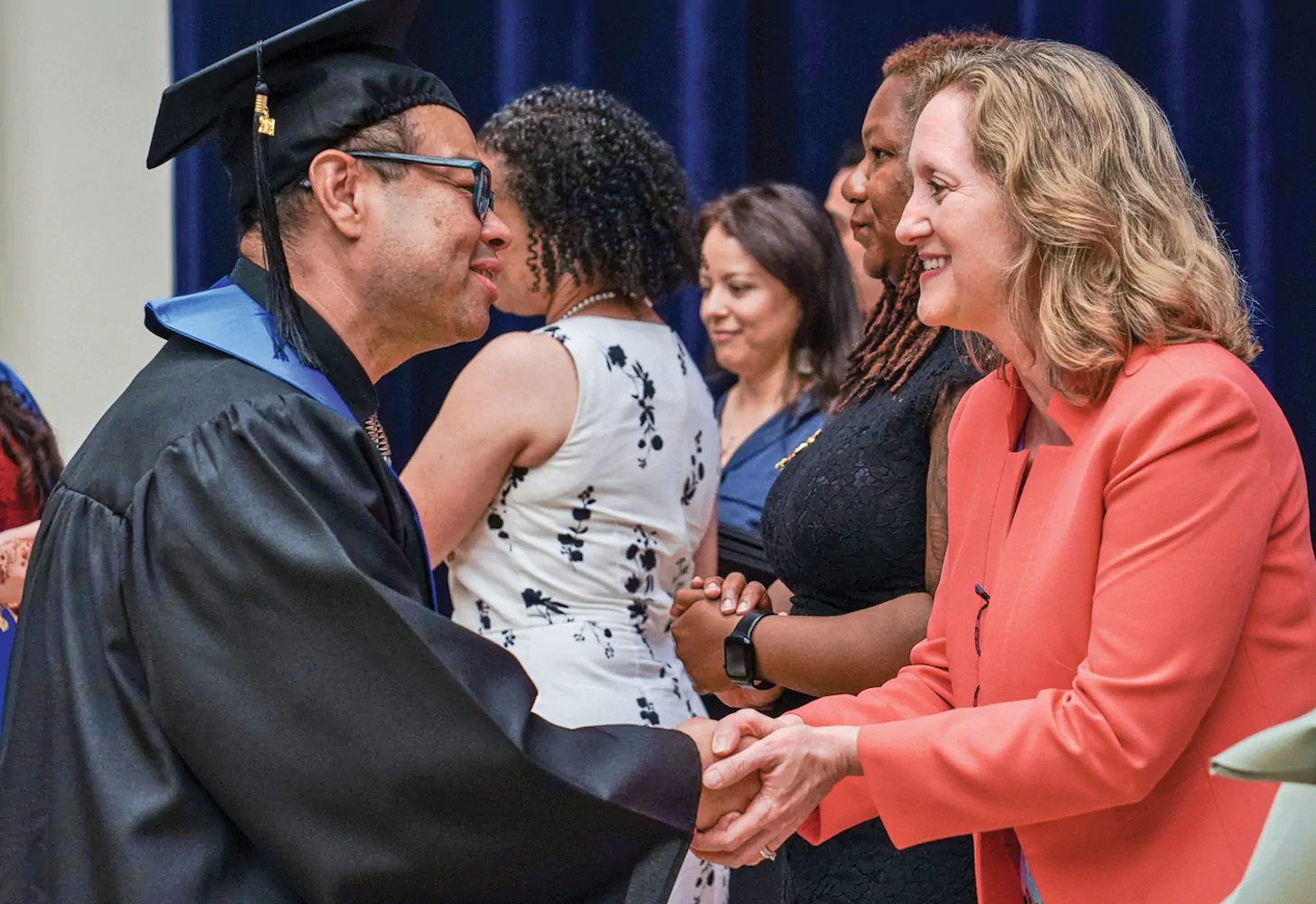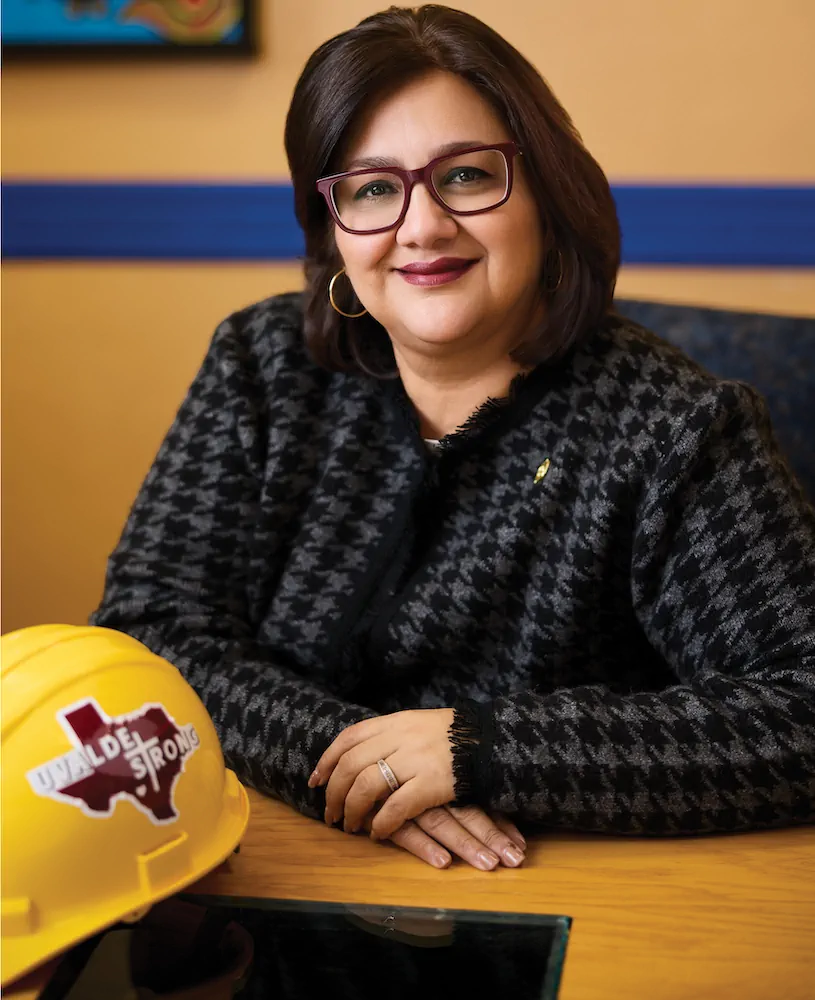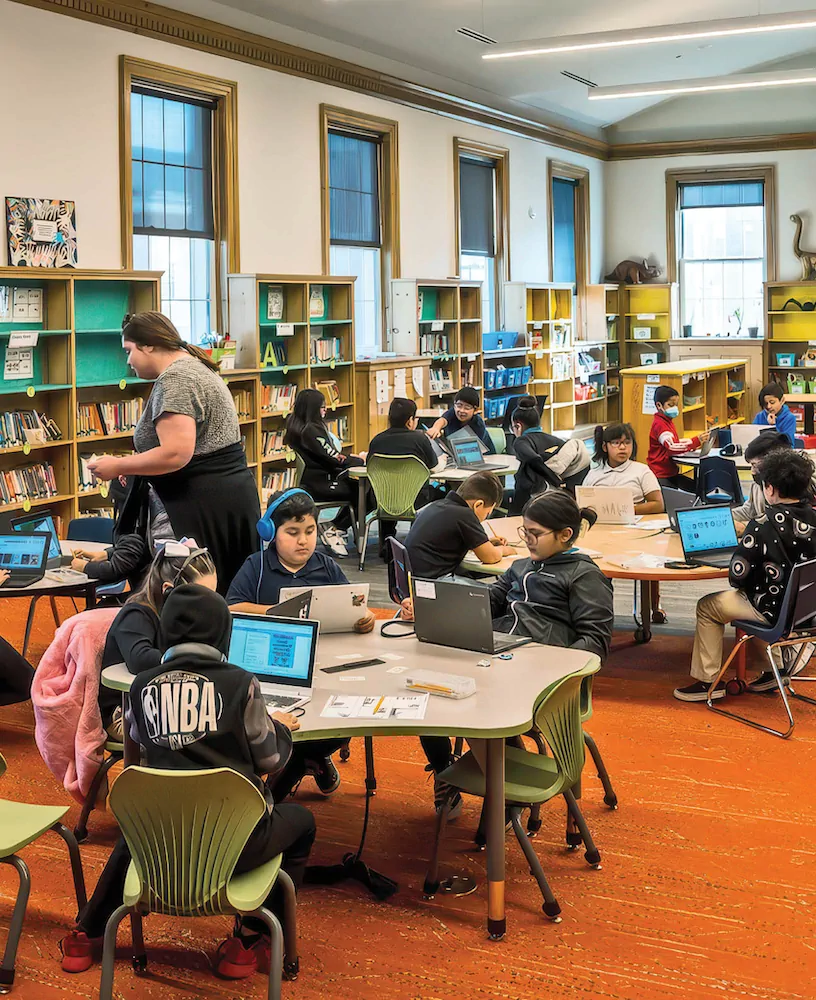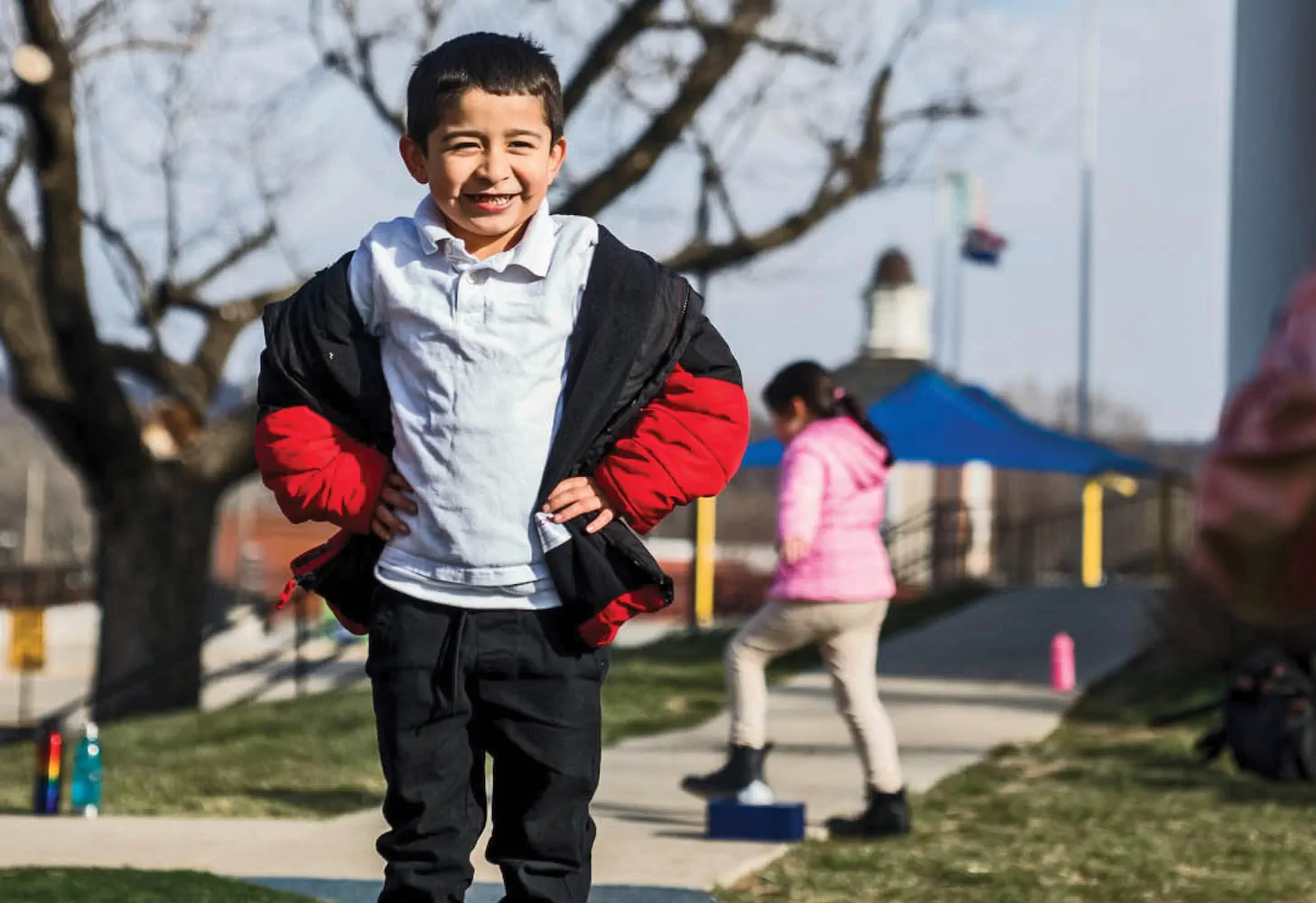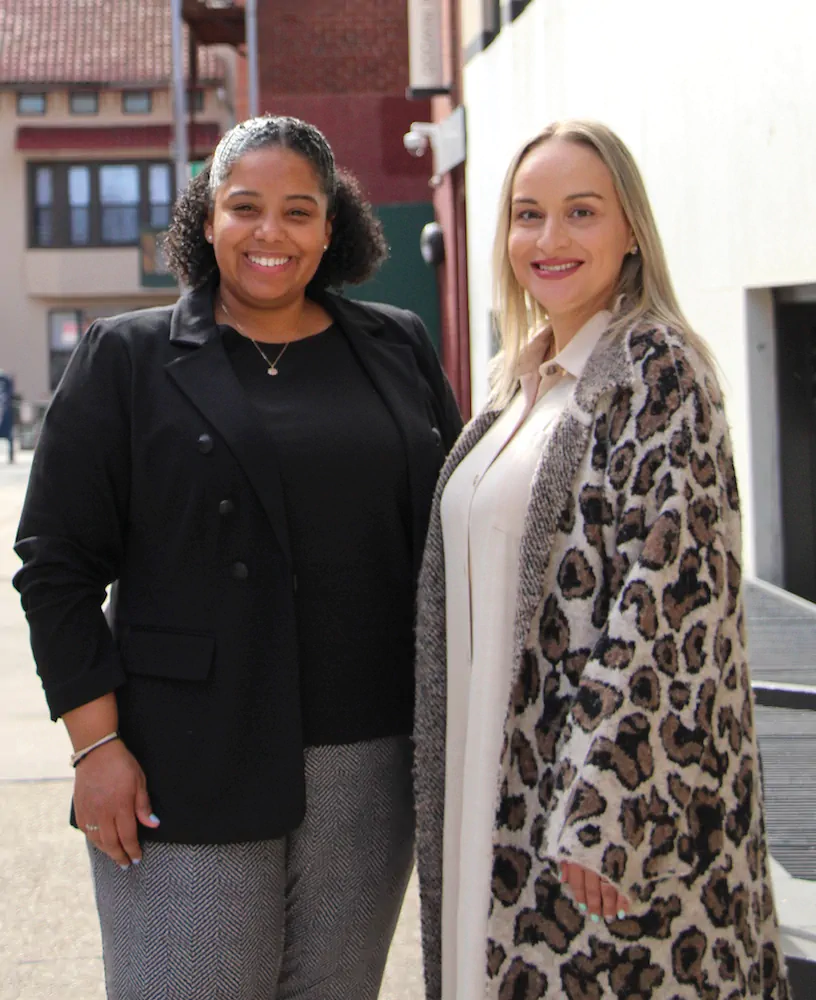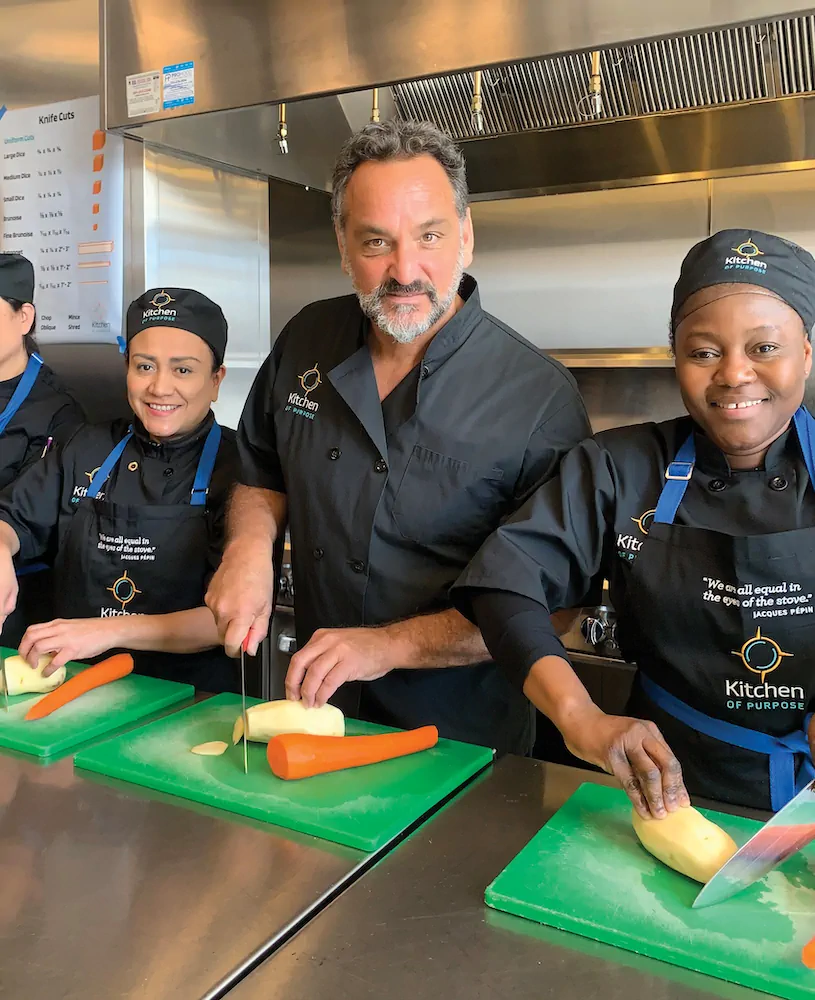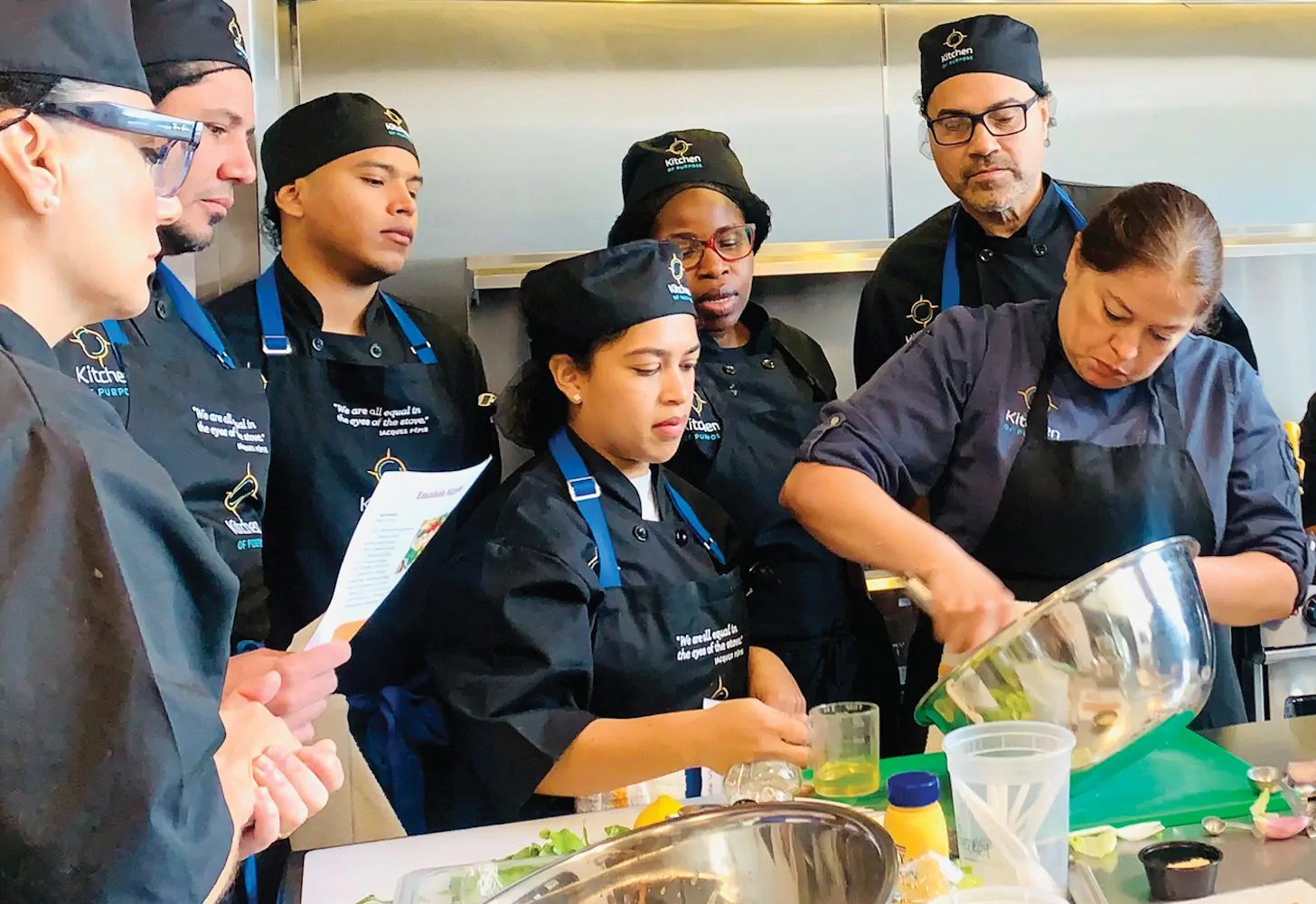At the Center for Employment Training (CET), we’ve always believed that with the right skills, people can take control of their futures. That belief has driven us since 1967, when we first stepped in to help farmworkers in San Jose, California. As farmland was sold off for urban development, many workers were left without jobs and faced an impossible choice—move somewhere else in search of work or return to their countries of origin. But for many, San Jose had become home. Leaving wasn’t an option.
CET was created to provide a new path—training for stable, well-paying careers. Over the years, we’ve helped nearly 300,000 people launch careers as bus drivers, mechanics, electricians, cooks, nurses, medical assistants, and more. The people who come to CET are driven—they want to build better lives for themselves and their families. Their determination, combined with our training programs, fueled our nationwide expansion, growing to 40 training centers across the U.S. and even international offices in Belize and Chile. As a nationally accredited institution, CET became a model for workforce development programs across the country, proving that with the right skills, anyone can create a brighter future.

Like any organization, we’ve had to navigate economic ups and downs, and each downturn has tested us. The 2008 financial crisis forced us to close several locations and sell properties just to stay afloat. Owning our buildings had always been a source of stability and pride, but just as we were regaining our footing, COVID-19 hit—and at the same time, we lost the lease on our Oxnard location. This was a major hit for us, as Oxnard’s large and growing Latino community has a criti1cal need for workforce training programs that provide economic opportunities for Spanish speakers.
Because of RDF, we’re not just continuing our work—we’re building on it. With a permanent home in Oxnard, we can keep doing what we do best: equipping people with the skills they need to build better lives.
As CEO, I was determined to return to owning our buildings, stabilize our finances, and strengthen our enrollment. So when we found a perfect spot in Oxnard—a place that could serve our students and community for generations to come—I knew we had to secure it.
Of course, the bank didn’t see it that way. Despite our long history, strong track record, and national profile, they turned us down.
Enter RDF. While the bank focused on numbers, RDF focused on our mission. They understood the impact of our work and saw the bigger picture. With their support, we secured the acquisition loan we needed, allowing us to purchase the building we had set our sights on. Now, because of RDF, we’re not just continuing our work—we’re building on it. With a permanent home in Oxnard, we can keep doing what we do best: equipping students with the skills they need to build better lives and make their dreams a reality.


